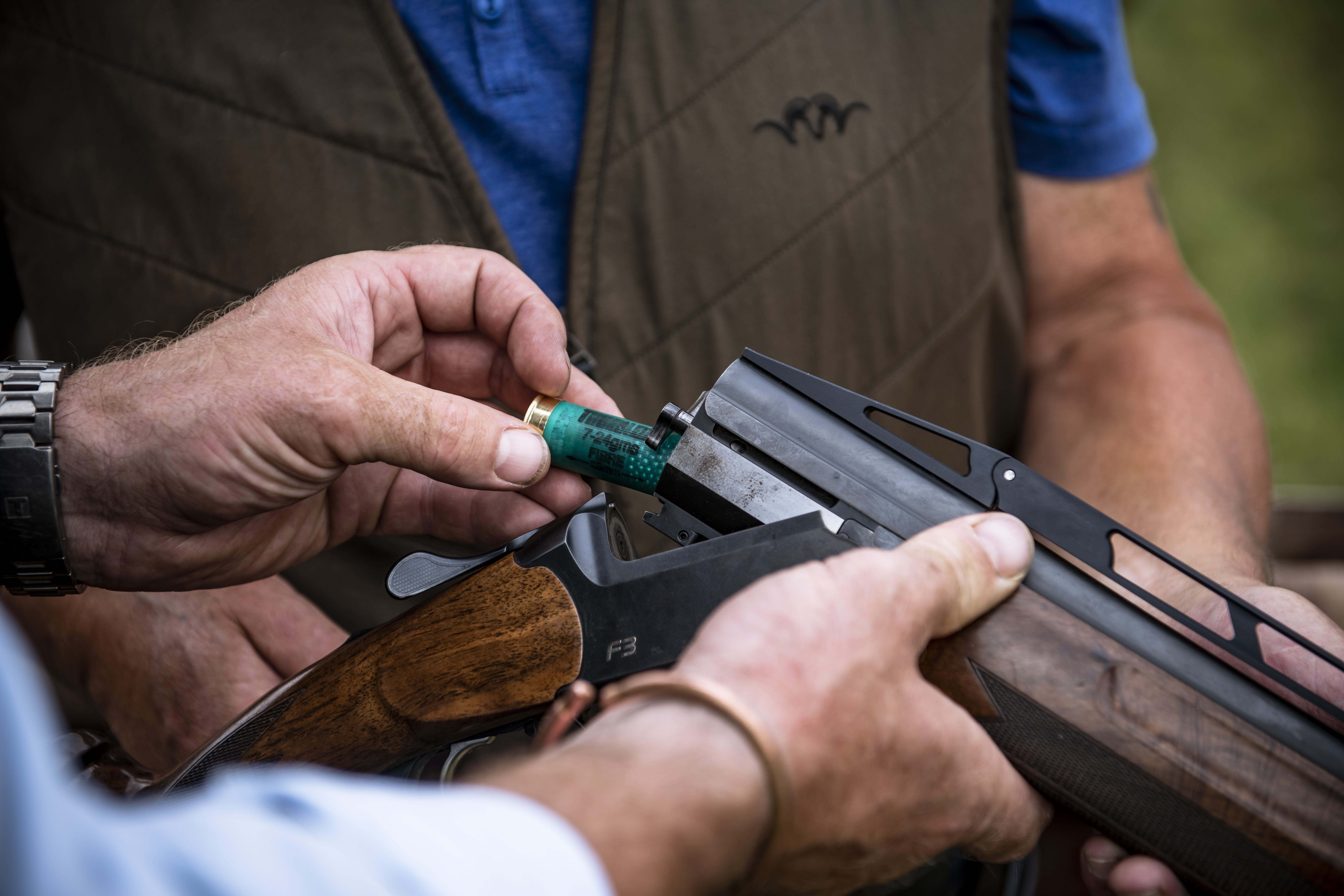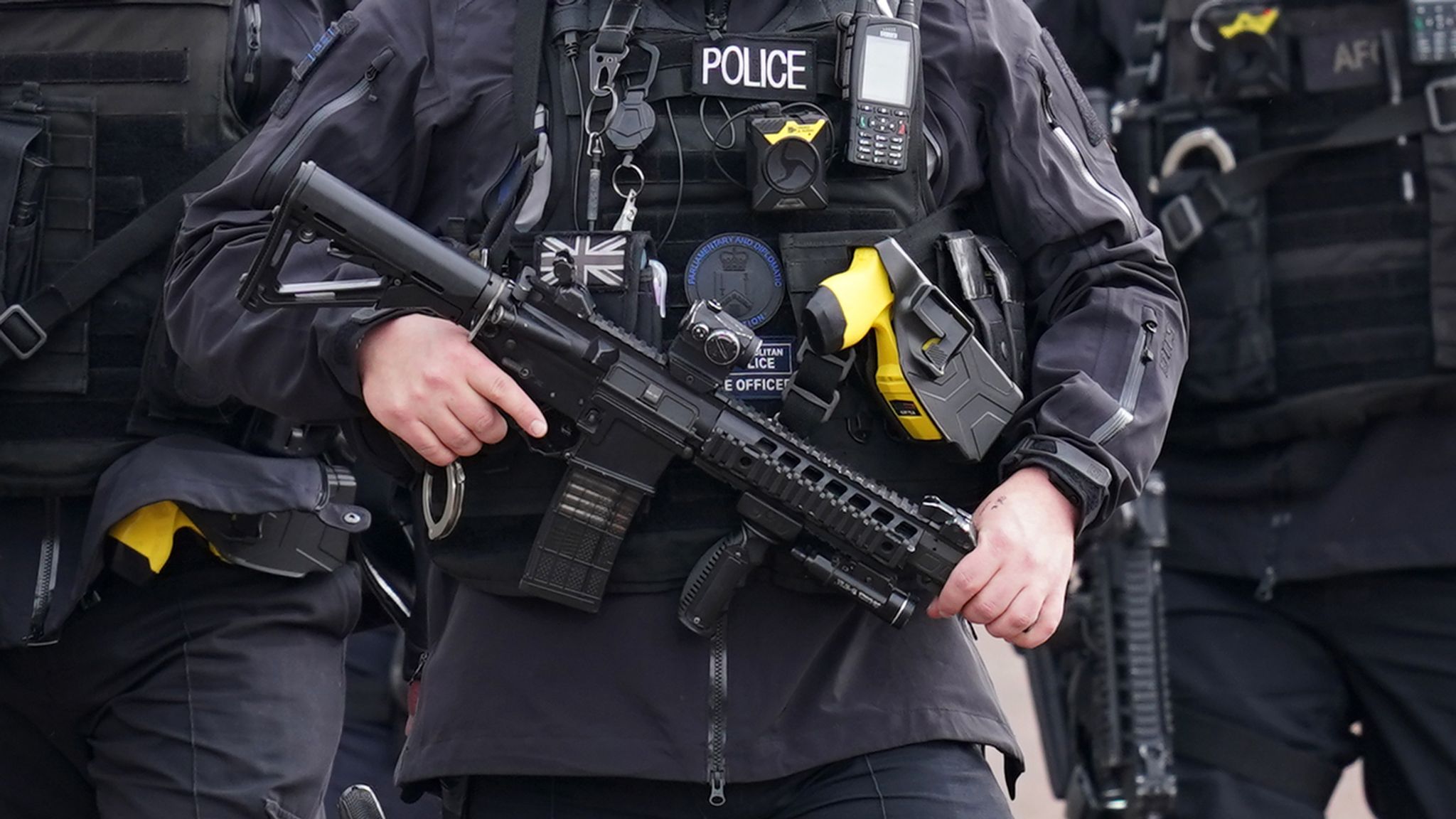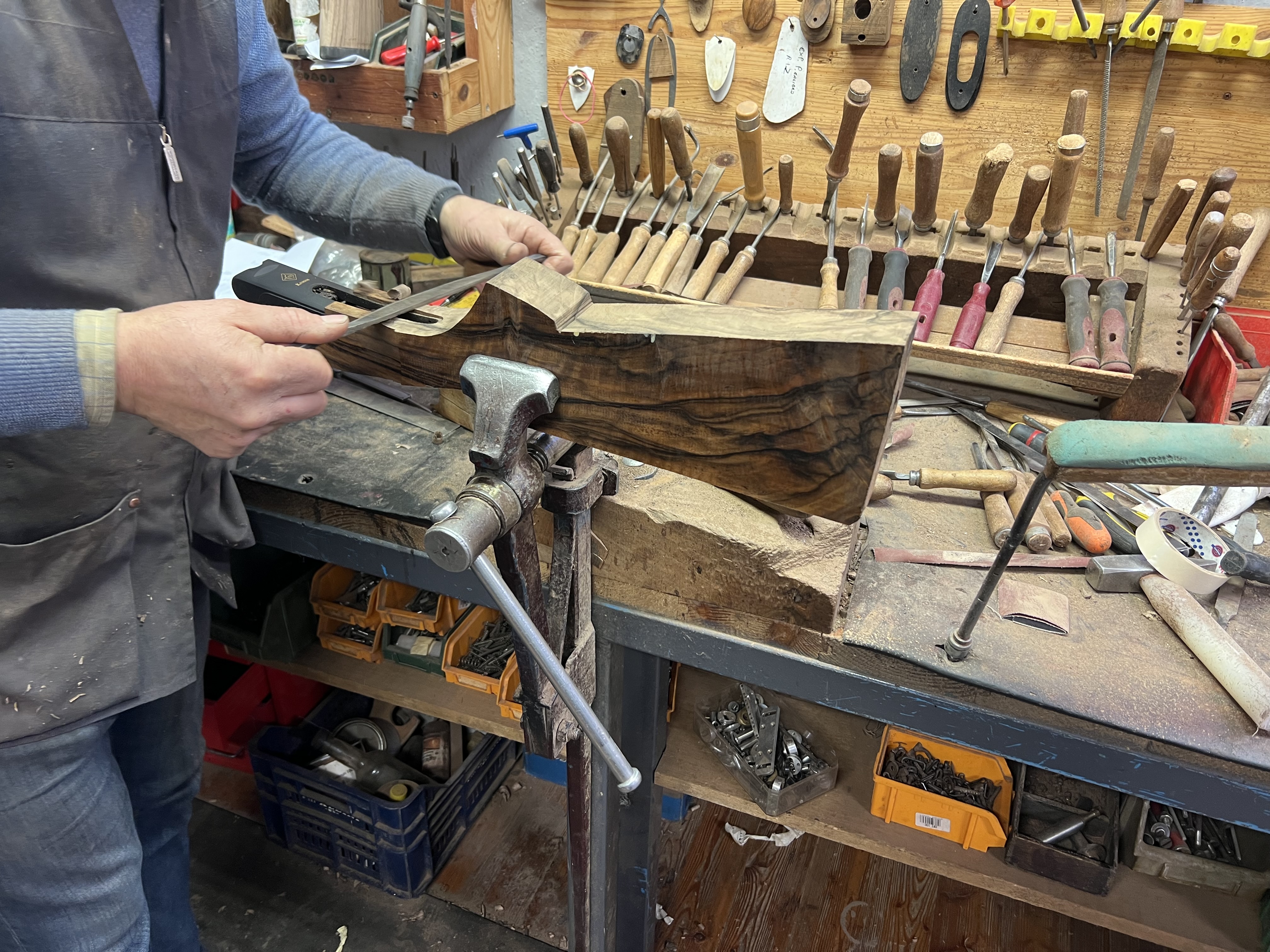Understanding Firearm Legislation in the UK
-
Gun ownership
- 8 MIN READ
Firearm ownership in the UK is strictly regulated and among the most tightly controlled in the world. While many people associate gun control with high-profile events, the UK's stringent firearm laws have evolved over centuries and are based on the principles of ensuring public safety and reducing gun-related crime. This article will walk through the legal requirements for firearms ownership in the UK, explaining the types of firearms that civilians can possess, the licensing process, background checks, and responsibilities for firearm owners.
A Historical Overview of UK Firearm Laws
The UK’s firearm laws are rooted in historical context, with the government seeking to balance the need for individual protection with public safety concerns. Significant regulations began with the Pistols Act of 1903, which regulated pistol ownership, and were significantly strengthened after the First and Second World Wars, largely due to societal concerns over the presence of firearms among the civilian population.
The Firearms Act of 1968 consolidated earlier laws, creating a clear structure for licensing and categorising firearms. This act has since been amended several times in response to high-profile events. The Firearms (Amendment) Act 1988 was introduced following the Hungerford Massacre, banning semi-automatic and pump-action rifles. Further restrictions followed in 1997 after the Dunblane Massacre, where a handgun ban was introduced, with only a few exceptions for certain classes of weapons.
Today, the regulation of firearms is overseen by the Home Office, and firearms ownership requires strict adherence to the laws in place.
Categories of Firearms in the UK
Under UK law, firearms are categorised into different classes, with specific rules applying to each:
Shotguns: These are firearms with a smooth bore, designed to be fired from the shoulder and capable of discharging cartridges.
Rifles: A rifle has a rifled barrel and is usually considered a firearm for shooting at longer ranges. Bolt-action, lever-action, and manually-loaded rifles are allowed under strict licensing, while fully automatic and most semi-automatic rifles are banned.
Handguns: Following the 1997 legislation, handguns are largely banned in the UK, except in Northern Ireland. Specific exemptions exist for handguns used by police, certain security services, and some competitive shooters under strict conditions.
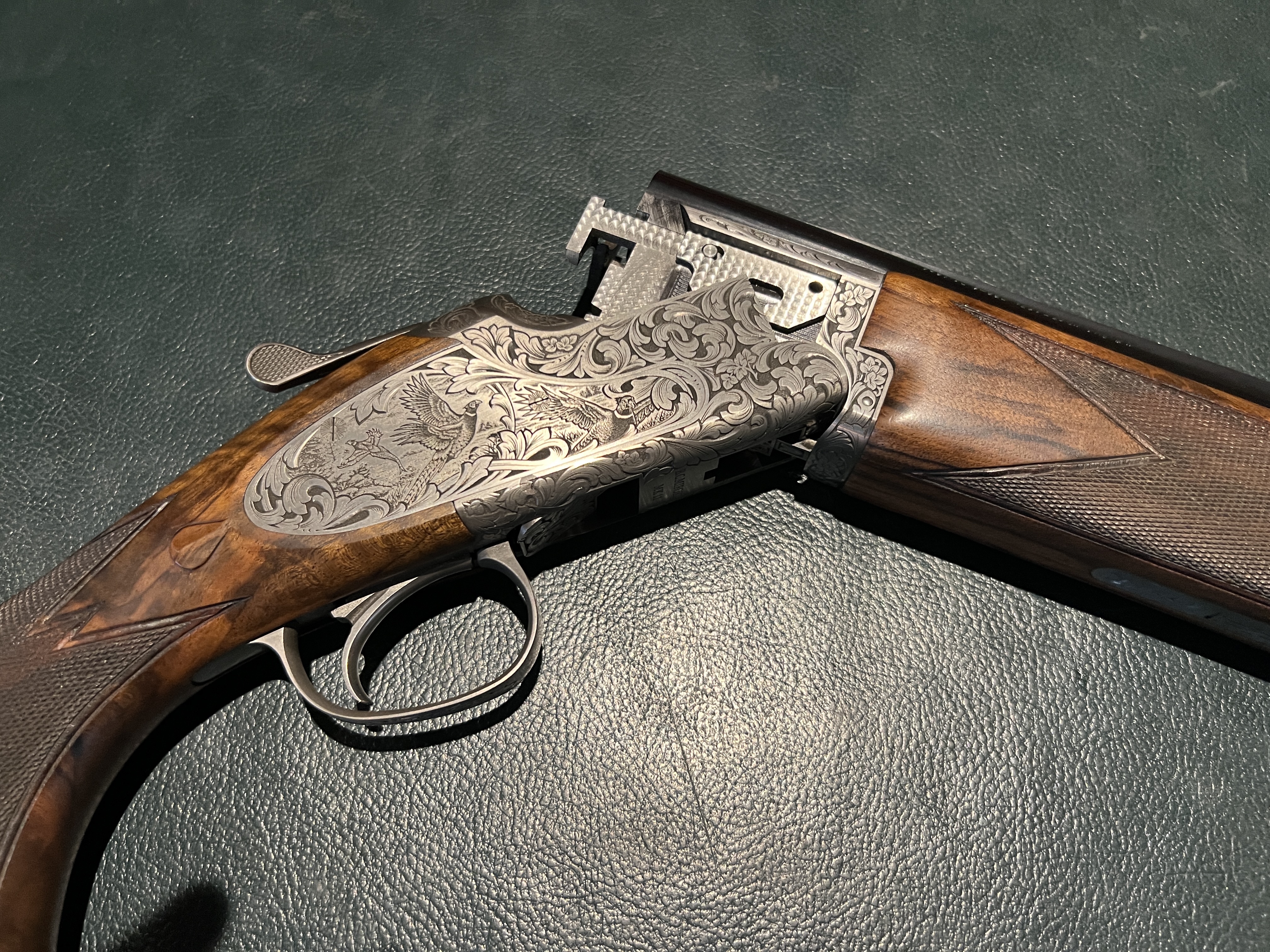
Miroku MK11
The Licensing Process
In the UK, obtaining a firearm requires a certificate, which is obtained through an application process involving background checks, character references, and specific criteria. The two primary types of certificates are:
Firearm Certificate (FAC): Required for firearms such as rifles and certain shotguns with specific requirements. An FAC is more restrictive, often stipulating a limited number of firearms a person can own, and each firearm must be specified on the certificate.
Shotgun Certificate (SGC): This certificate is for individuals who wish to possess a shotgun that complies with UK regulations. Shotgun certificates are somewhat easier to obtain than firearm certificates, provided the applicant meets certain requirements.
The process to obtain either certificate involves several steps:
Application Submission: Applicants must complete a detailed form provided by their local police force, explaining why they require a firearm (e.g., for sport shooting or pest control).
Background Checks and References: A thorough criminal background check is conducted. Applicants must also provide references, who vouch for their character and mental stability. Convicted felons are generally barred from obtaining a firearm license.
Police Interview and Security Check: Applicants are often interviewed by a police firearms officer, and the officer may also inspect the applicant's property to ensure that the firearm will be securely stored.
Medical Assessment: Since 2016, applicants must provide medical information from their GP to ensure there are no mental health issues that would disqualify them from ownership.
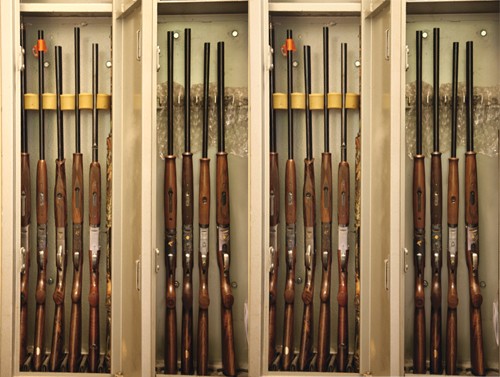
Security and Storage Requirements
The UK places high importance on secure storage for any legally owned firearms. For example:
Safe Storage: Firearms must be stored in a locked, police-approved cabinet secured to a wall in a part of the house that’s not easily accessible.
Separation of Ammunition: Ammunition must be stored separately from firearms, ideally in a locked compartment within the safe or a separate locked cabinet.
Inspection Compliance: Police officers conduct periodic inspections to ensure compliance with storage regulations.
Failure to comply with these storage requirements can result in the revocation of the firearm certificate and possible criminal charges.
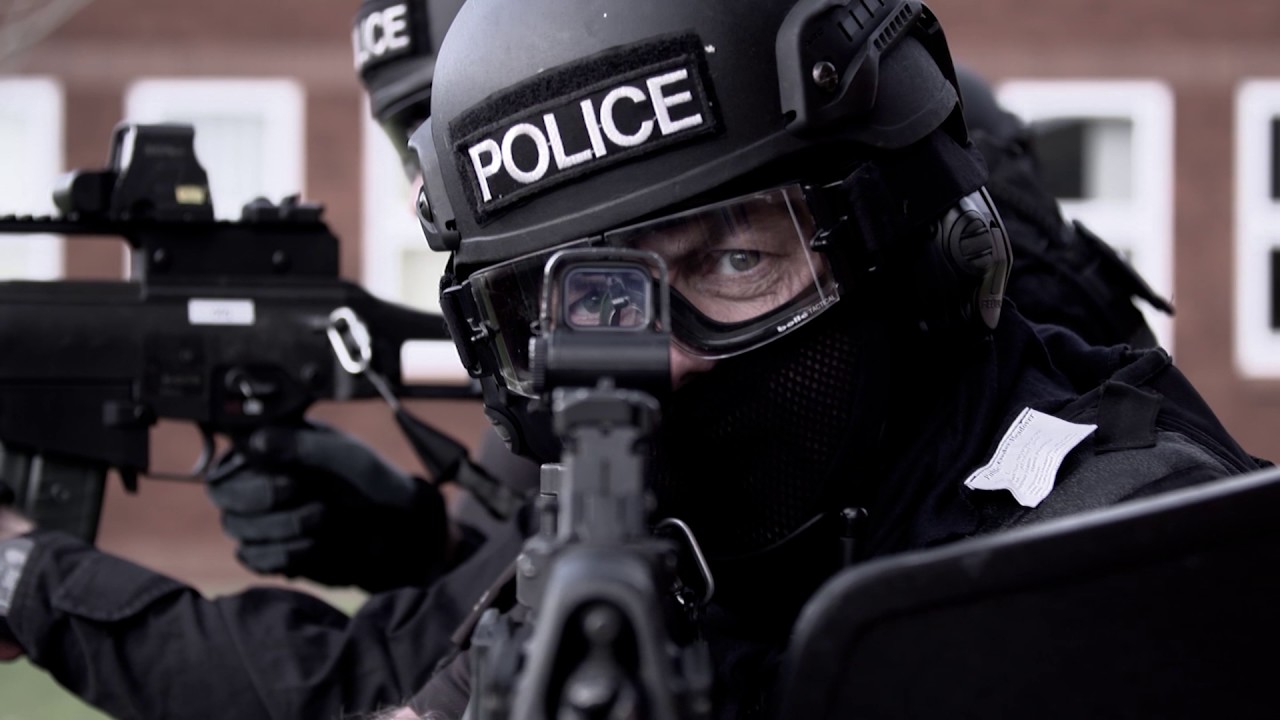
Regular Renewals and Ongoing Compliance
Certificates must be renewed every five years, and owners must remain compliant with the regulations to maintain their certification. Renewal involves re-assessment of storage conditions, a review of any new criminal records, and continued mental health clearance.
Should any circumstances change that may affect the owner’s eligibility (e.g., a change in mental health status, criminal charges, or concerns raised by local police), certificates can be revoked at any time.
Legal Uses for Firearms in the UK
The UK permits firearm ownership under very specific purposes:
Sports Shooting: Many firearms, particularly rifles and shotguns, are used for target shooting in approved shooting clubs. Sports shooting is one of the main reasons people apply for firearm certificates, especially since competitive shooting events are common in the UK.
Pest Control: Farmers and those involved in land management often apply for firearms to control pest populations, such as foxes and rabbits. They must demonstrate a specific need for this, and their firearms usage is restricted to their designated land.
Historic Collection: A small number of people collect historic firearms, which fall under special regulations. These collectors often require a Section 7 or Section 5 licence, and their collection must have historical significance.
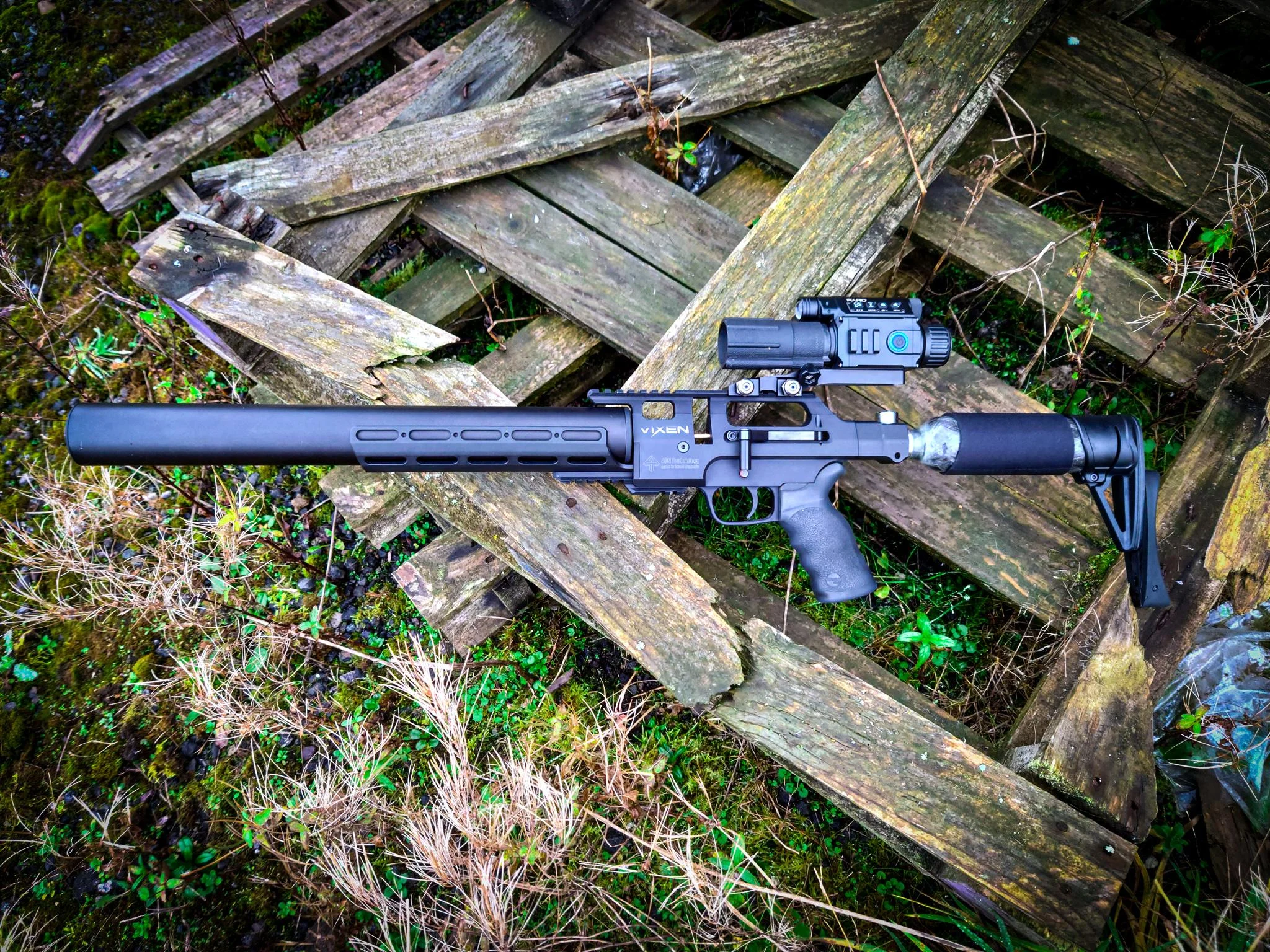
AGT Vixen
Airgun Regulations
Though airguns are generally easier to obtain, recent laws have placed stricter control on them. Airgun users must:
Meet Age Requirements: In England and Wales, only individuals aged 18 and above can legally purchase an airgun.
Comply with Storage Rules: Although not as stringent as firearms, airguns must be stored safely, especially in homes where minors are present.
Follow Usage Restrictions: In Scotland, airguns require a certificate, and it is illegal to shoot an airgun beyond one’s private property.
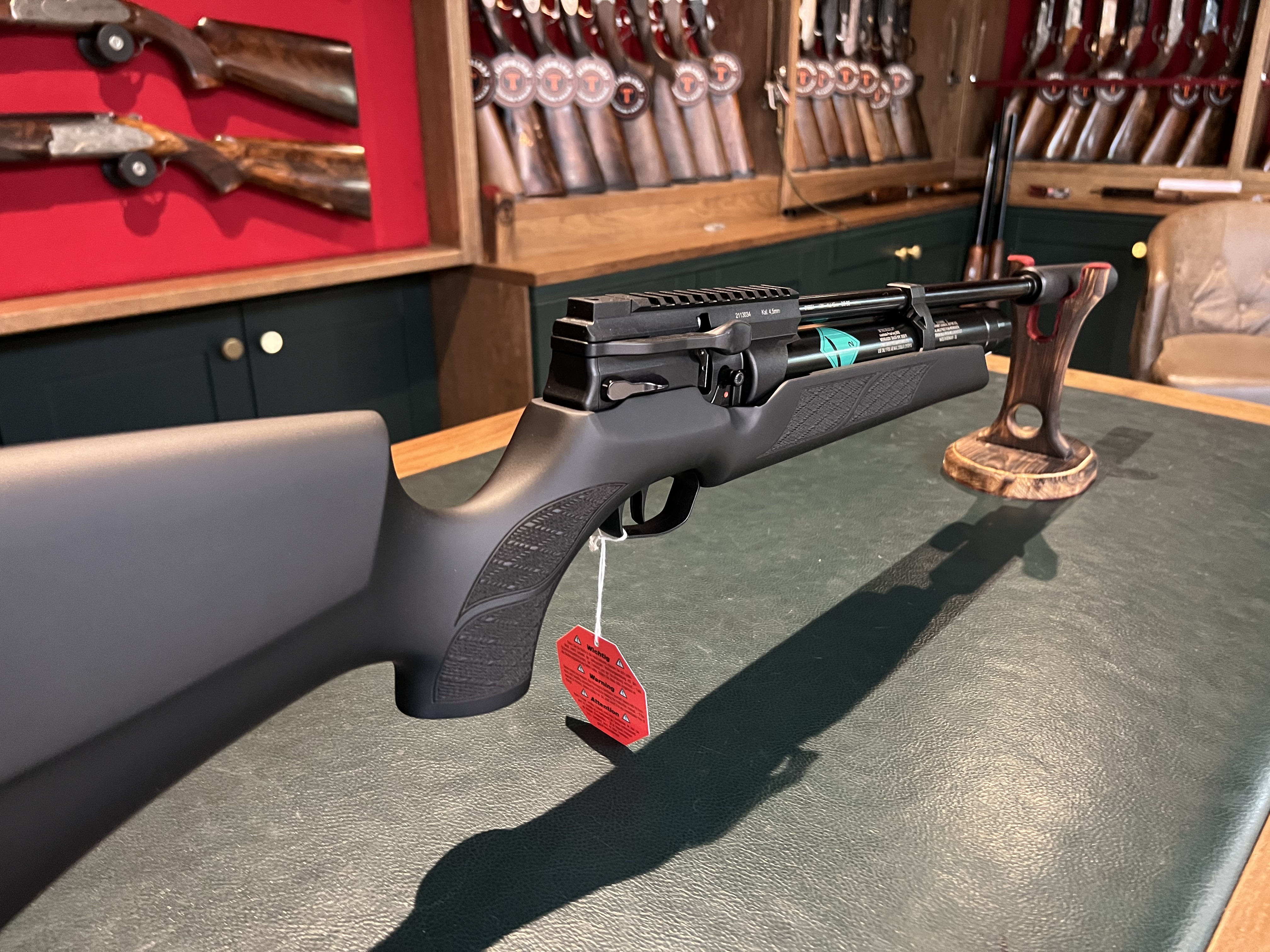
Penalties for Violating Firearm Laws
The UK has strict penalties for firearm law violations, with the goal of deterring illegal firearm possession and usage. The most common offences include:
Illegal Possession: Possessing a firearm without the appropriate certification can result in a prison sentence of up to five years.
Misuse or Recklessness: Using a firearm in a reckless manner, even on private land, can lead to licencew revocation, confiscation of the weapon, and criminal charges.
Failure to Comply with Storage Regulations: If firearms are found to be improperly stored, owners may face fines, confiscation, and revocation of their firearm certificate.
Intent to Supply: Owning firearms with the intent to supply them illegally is punishable by a prison sentence and is treated as a serious criminal offense.
Recent Changes and Future Directions in UK Firearm Legislation
In recent years, the UK has implemented further restrictions on firearm ownership. Notable changes include tightening regulations on airguns, strengthening background check procedures, and implementing requirements for notifying authorities when a license holder passes away (to ensure safe transfer of firearms). Additionally, a renewed focus on mental health means that background checks are more comprehensive, with medical professionals playing a larger role in assessing an applicant’s suitability for firearm ownership.
Moving forward, there are ongoing discussions about the potential for increased control on airguns and more frequent mental health screenings for firearm owners. With ongoing reviews by the Home Office, the UK government remains vigilant in updating legislation to address emerging safety concerns and technological advancements that could impact firearm security.
Conclusion
Firearm ownership in the UK is governed by some of the world’s strictest laws, shaped by a history of cautionary principles aimed at public safety. From the intensive licensing process and regular renewals to strict storage requirements and significant penalties for misuse, the UK’s framework is designed to ensure that only qualified individuals can possess firearms for legitimate purposes. With a focus on safety, responsibility, and accountability, the UK's firearm legislation offers a model for other nations looking to balance firearm access with societal protection.

